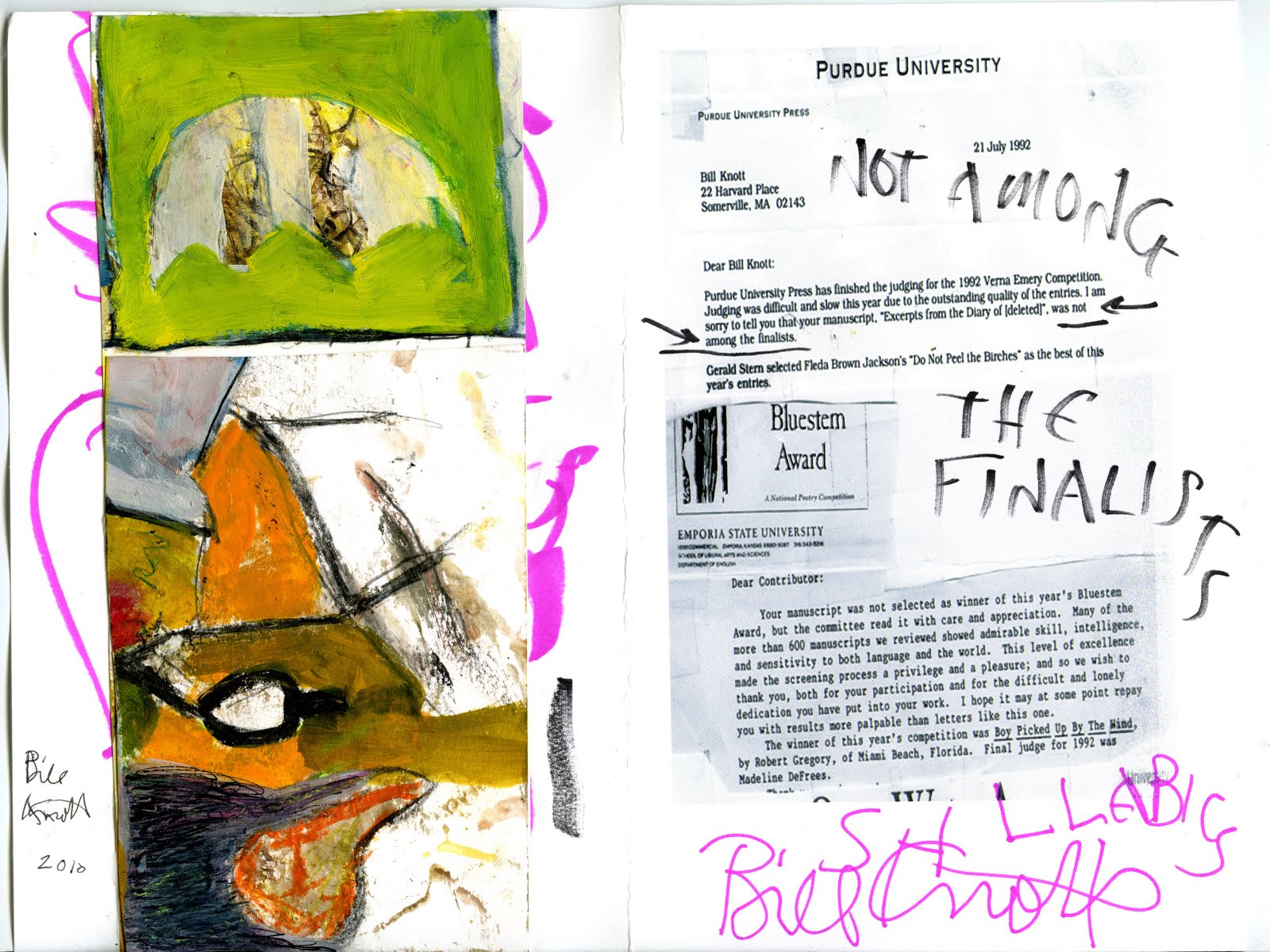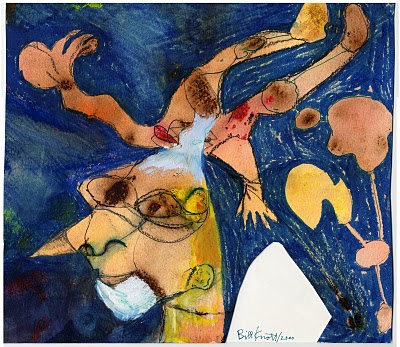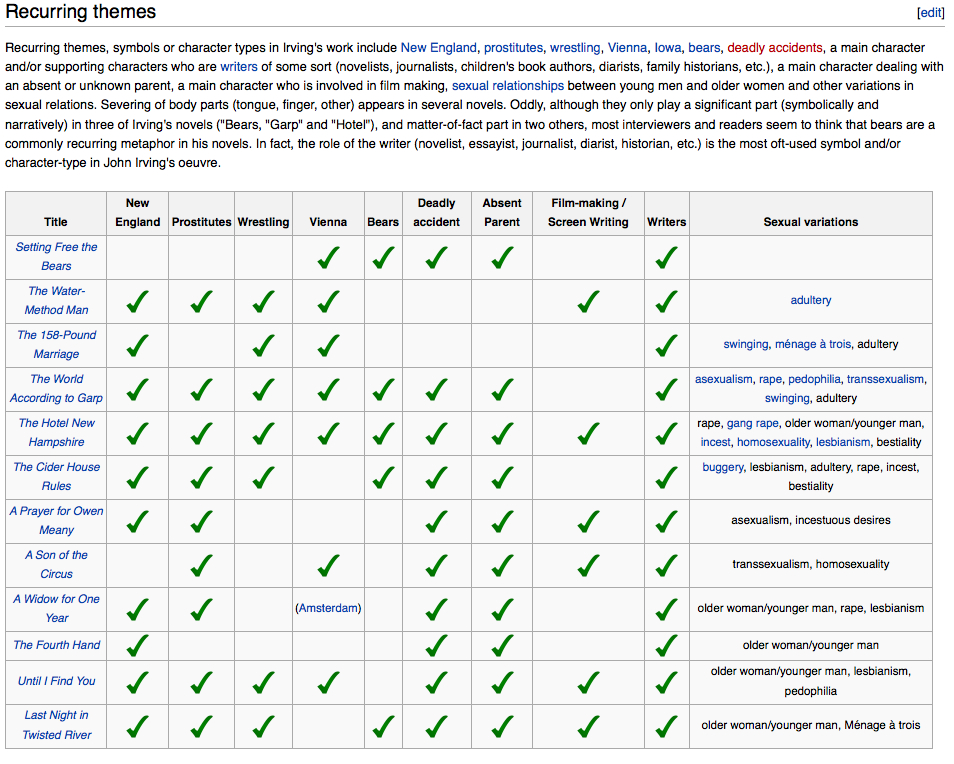 Kathleen Rooney is a founding editor of Rose Metal Press. With Elisa Gabbert, she is the author of That Tiny Insane Voluptuousness (Otoliths, 2008). Her prose collection For You, For You I Am Trilling These Songs is now available from Counterpoint Press. She lives in Chicago, where she works as a Visiting Assistant Professor of English and Creative Writing at DePaul University, and where she will be the Writer-in-Residence at Roosevelt University for 2011-2012.
Kathleen Rooney is a founding editor of Rose Metal Press. With Elisa Gabbert, she is the author of That Tiny Insane Voluptuousness (Otoliths, 2008). Her prose collection For You, For You I Am Trilling These Songs is now available from Counterpoint Press. She lives in Chicago, where she works as a Visiting Assistant Professor of English and Creative Writing at DePaul University, and where she will be the Writer-in-Residence at Roosevelt University for 2011-2012.
Q: You’ve told me, more than once, that Bill Knott was a formative figure in your development as a poet. Why and how?
A: First, I have to get something out of the way because Bill is unflagging in his commitment to reading—and potentially weighing in on—practically every single statement uttered about him on the Internet, and that something is: Hi, Bill! Hope you’re well.
So: Back in 2001, when I was in my senior year of undergrad, my then-boyfriend, now-husband, Martin Seay introduced me to Bill’s work by way of Selected and Collected Poems, published in 1977. It had an ugly-attractive, sleazy-cheesy seventies cover and the poems inside were similarly repellant-yet-alluring. They made me feel weird and I could not stop thinking about them. After that, I sought out The Naomi Poems and fell totally under their spell; the fact that almost every aspect of the book (from the Corpse and Beans pun in the title onward) was in questionable taste was compelling. And even though, as I say above, Bill is obviously still alive, one of the things that drew me to his work was the way he “killed” himself right from the start, publishing The Naomi Poems in 1968 as being by St. Geraud, “a virgin and a suicide.” By killing him “self,” Bill sort of set himself free. I’ve written about these ideas elsewhere, but the metaphor of a person’s books as being their ghosts (as Christian Hawkey says in Ventrakl: “Books—of the living or the dead—are the truest ghosts among us, the immaterial made material”) and the notion that a poet is always already dead are appealing concepts to me, and Bill’s poetry helped me think about those ideas before I even know what they were or how to label them or why I liked them.
Anyway. I was trying to decide where to get my master’s and wanting to study with Bill was huge among my reasons for deciding to go to Emerson College. See? Formative.
Q: What is your favorite Bill Knott poem?
A: At the risk of stating the obvious, I have to say that by saying what my “favorite” Bill Knott poem is, I’m not trying to assert that it’s in anyway the “best.” But this is it, from page 49 of The Naomi Poems. And it is not even the first poem on the page. There is a poem above it called “Poem” (which is something he told us, as his students, never ever ever to title a poem):
Nuremberg, U.S.A.
In this time and place, where “Bread and Circuses” has
become “Bread and Atrocities,” to say ‘I love you’ is
like saying the latest propaganda phrase…’defoliation’…
‘low yield blast’.
If bombing children is preserving peace, then
my fucking you is a war-crime. READ MORE >



 This week I noticed a correspondence between the opening sentence to Great Expectations and the opening of Lolita. I’m interested in the idea of Nabokov stealing from Dickens, a writer he admired and about whom he lectured at Cornell.
This week I noticed a correspondence between the opening sentence to Great Expectations and the opening of Lolita. I’m interested in the idea of Nabokov stealing from Dickens, a writer he admired and about whom he lectured at Cornell. Here is the opening to Lolita:
Here is the opening to Lolita:


 Very sad news today: Jeanne Leiby, editor of The Southern Review, died in a car accident in Iberville Parish, Louisiana.
Very sad news today: Jeanne Leiby, editor of The Southern Review, died in a car accident in Iberville Parish, Louisiana. 

 So there is a story in the book, about the Ottoman times when Bulgaria was under Turkish rule and the Ottomans forcefully recruited Bulgarian boys for their army; janissaries, who were made to deny their families and god. There is a story about Bulgarian rebels who fought for Macedonia’s freedom, about the aftermath of the Balkan Wars. Stories about the 1923 Communist uprising, about the events of 1944 when the Communist Party finally seized control of Bulgaria, about the so-called Process of Rebirth during which the Party forcefully changed the names of all Bulgarian Muslims to what were deemed “proper, Bulgarian” names. There are stories about things I myself witnessed and lived through: the fall of Communism in 1989, the results of this fall, or about the people who leave Bulgaria every year to make their luck abroad.
So there is a story in the book, about the Ottoman times when Bulgaria was under Turkish rule and the Ottomans forcefully recruited Bulgarian boys for their army; janissaries, who were made to deny their families and god. There is a story about Bulgarian rebels who fought for Macedonia’s freedom, about the aftermath of the Balkan Wars. Stories about the 1923 Communist uprising, about the events of 1944 when the Communist Party finally seized control of Bulgaria, about the so-called Process of Rebirth during which the Party forcefully changed the names of all Bulgarian Muslims to what were deemed “proper, Bulgarian” names. There are stories about things I myself witnessed and lived through: the fall of Communism in 1989, the results of this fall, or about the people who leave Bulgaria every year to make their luck abroad.